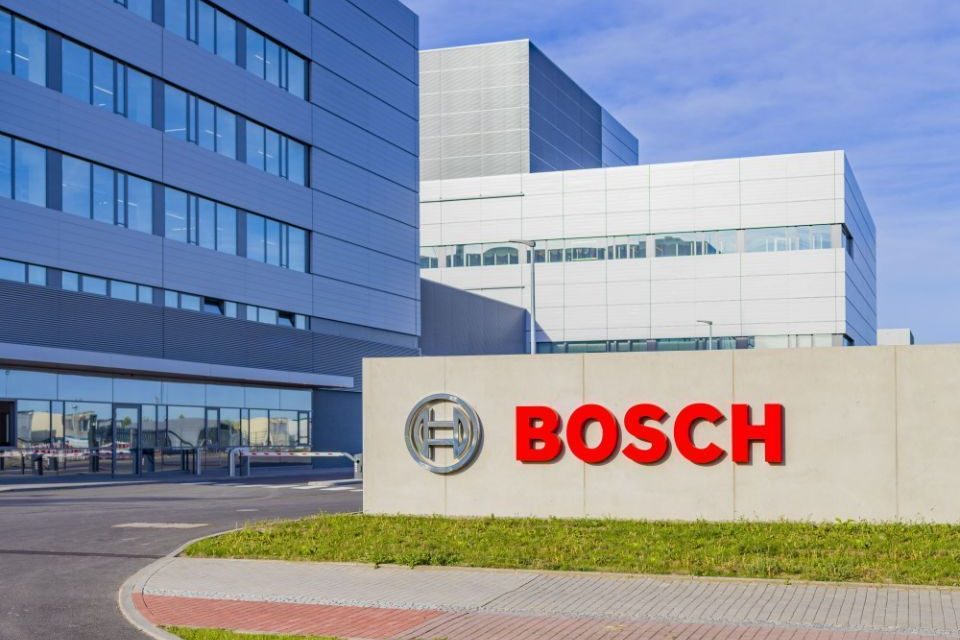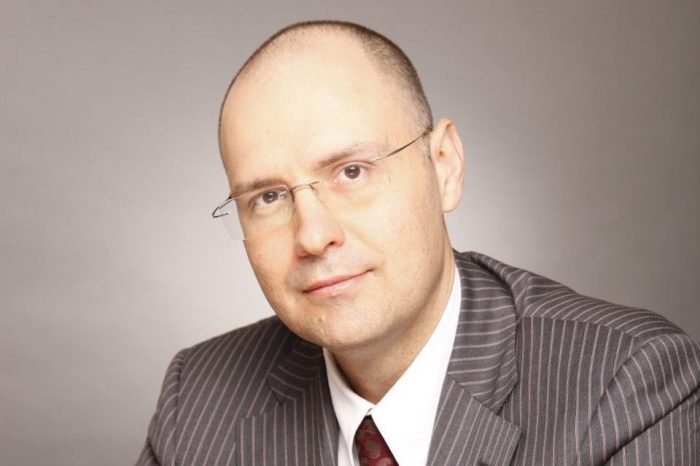Bosch leads new consortium to create European supply chain for semiconductors

The object of the publicly funded “Transform” project (trusted European SiC value chain for a greener economy) is to establish a resilient European supply chain for this technology, ranging from wafers and other basic materials right up to finished SiC power semiconductor devices and power electronic applications.
In a consortium led by Bosch, a total of 34 companies, universities, and research institutes from seven European countries have joined forces to work toward this goal. “The aim of the Transform project is to secure a leading role for Europe in new technologies based on silicon carbide,” says Jens Fabrowsky, who holds the position of executive vice-president in the Bosch Automotive Electronics division. Scheduled to run until 2024, the publicly funded project is focusing on five use cases in the automotive, industry, renewable energy, and agriculture sectors.
Power electronic applications are at the heart of numerous electronic systems. They control the switching processes in these systems and keep any power losses to a minimum. The power semiconductor devices in these applications ensure that they operate as efficiently as possible. Conventionally, the chips in these devices are made of ultra-pure silicon. In the future, however, this will increasingly be replaced by silicon carbide, which offers numerous advantages over pure silicon. For example, silicon carbide semiconductors display better electrical conductivity and enables higher switching frequencies while also ensuring that much less energy is dissipated in the form of heat. In addition, power electronic applications with SiC chips can be operated at much higher temperatures, with the result that a simpler cooling system is required, which also saves energy. And finally, silicon carbide has a higher electric field strength, meaning that components made of this material can be smaller in design while nonetheless delivering a higher power conversion efficiency. Compared with conventional silicon chips, experts believe this will result in an energy saving of as much as 30 percent, depending on where the components are used.
The objective of the Transform project is to establish a resilient European supply chain for the production of power electronic applications based on innovative SiC power semiconductor devices. The demand for such technology is set to grow rapidly, especially with respect to energy-intensive applications such as electrical vehicle powertrains, EV charge spots, and power supply infrastructure. A forecast by the market research and consulting company Yole indicates that, between now and 2025, the SiC market as a whole will grow on average by 30 percent a year to over 2.5 billion dollars. The Transform project will therefore also cover the development of new SiC technology along with the requisite production processes and methods. In addition, it will endeavor to secure the availability of machinery and equipment for the production of this technology by European suppliers, ranging from wafers to finished power electronic applications.
This project has a budget of more than 89 million euros and is funded by the European Union as well as national bodies. It brings together key players along the SiC value chain in Austria, the Czech Republic, France, Germany, Italy, Spain, and Sweden. Partner companies include – among others – Aixtron, Danfoss, EV Group, Premo, Saint-Gobain, Semikron, Soitec, STMicroelectronics, and Valeo-Siemens Automotive. The various scientific organizations participating include Brno University of Technology, CEA Leti, Fraunhofer IISB, and University of Sevilla.


















